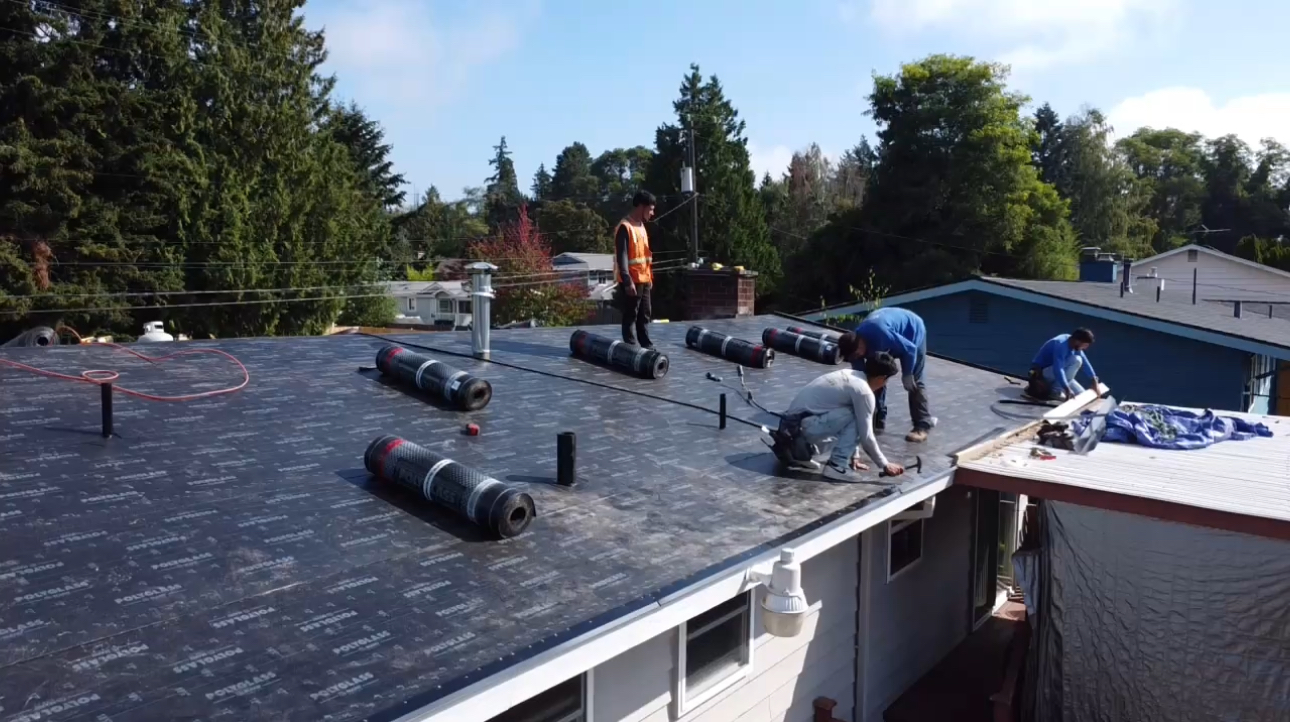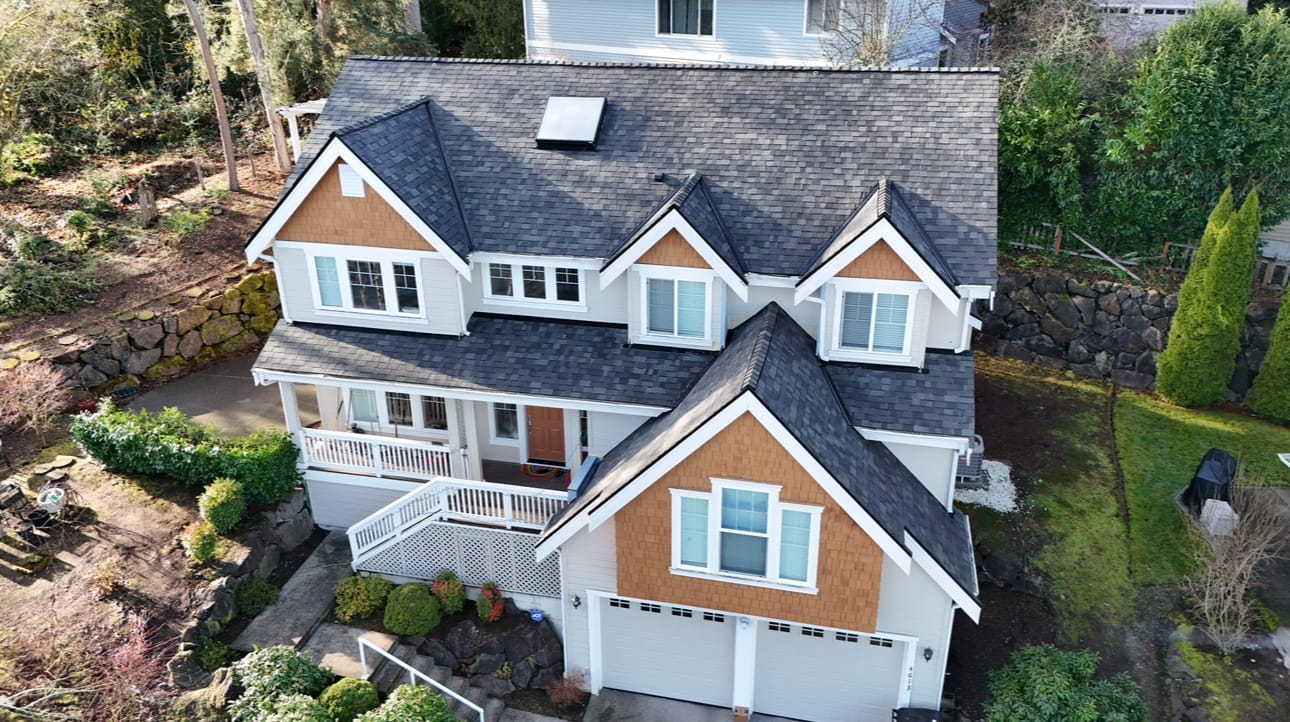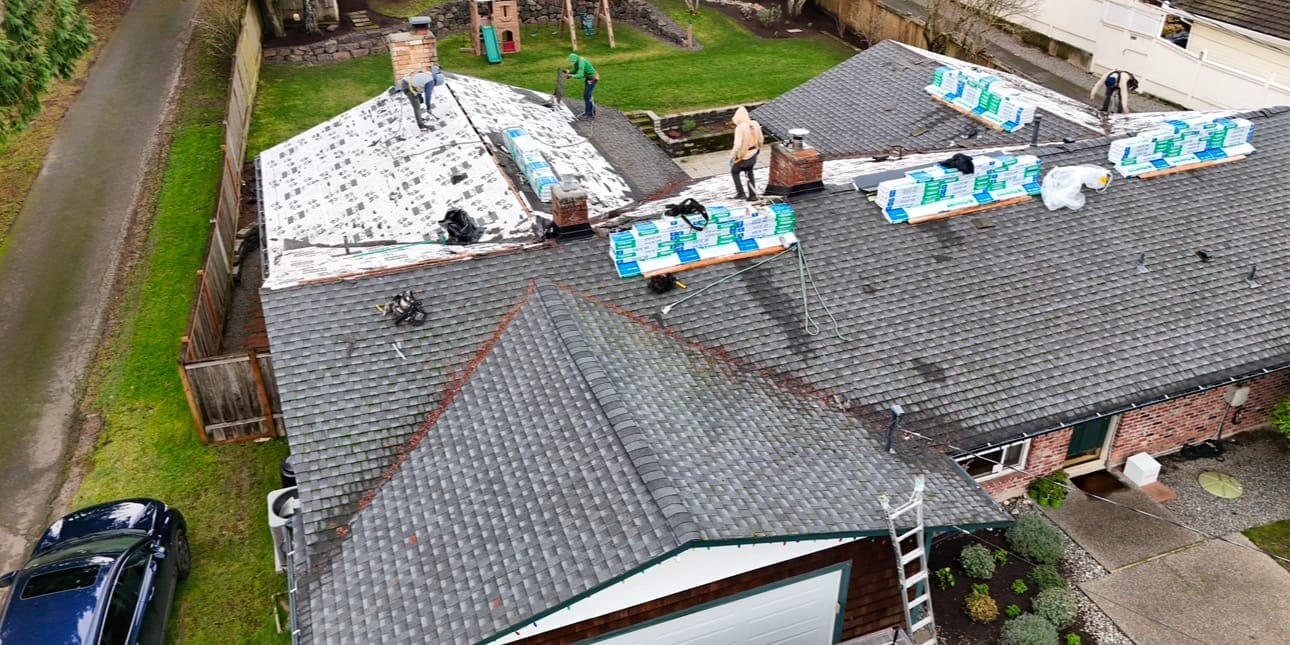Understanding Warranties: What to Look for in Your Roofing Warranty
By K Single Corp Roofing & General Contractor

There’s no denying that a roof replacement or installation is an important yet costly undertaking. The good news is reputable roofing contractors offer roofing warranties to protect your investment and give you some much-needed peace of mind. Since warranties may be confusing at first glance, here’s a closer look at what they are and what to look for when you’re exploring various options.
Why Are Roofing Warranties Important?
Even if you choose a highly skilled and experienced contractor and/or top-of-the-line roofing material, something may go wrong with your roof. That’s where roofing warranties come in. When your roof replacement is backed by a warranty, you can mitigate roof risks and in turn, protect the exterior and interior of your home. Without a roofing warranty, you put your property (and loved ones) at risk, especially if you don’t have the thousands of dollars it might take to repair an issue. If you come across a contractor that doesn’t offer warranties, continue your search, as this is a huge red flag.
Three Types of Roof Warranties
1. Manufacturers’ Warranties
When you decide to move forward with a roof replacement or roof installation, it should be covered by the manufacturer’s warranty. In some cases, the contractor will provide you with the details, but sometimes, you’ll have to go to the manufacturer’s website for further information. Put simply, manufacturer warranties protect your roofing materials from defects and failures.
If you splurge on a higher-end roofing material, the manufacturer’s warranty may last longer. However, on average, manufacturer warranties fall in the 5 to 30-year range. Note that these contracts won’t apply if your roof isn’t installed or maintained properly. Also, they don’t usually cover damage from severe weather conditions.
2. Contractor and Installation Warranties
Typically offered by roofers or contractors directly, installation warranties focus on craftsmanship and tend to provide more protection than manufacturer warranties. The caveat, however, is that they can vary significantly and depend on who is providing it.
For this reason, you should clarify the specifics of the contractor with your roofer or contractor. Ideally, they’d outline the coverage in your quote, contract, or agreement. If you notice a roofing issue that was the result of an installation flaw, you should be able to resolve it through your installation warranty.
Keep in mind that it’s not uncommon for roofers to offer limited guarantees on their workmanship, meaning if you hire another contractor to maintain or repair your roof, the warranty will no longer be valid. Installation warranties usually last for five to 10 years. Some contractors go the extra mile and guarantee their work for 25 or even 30 or 40 years, especially if you opted for a higher-end roof.
3. Extended Manufacturer Warranties
Extended manufacturer warranties are created for homeowners who are longing for additional peace of mind. Compared to standard manufacturer warranties, these contracts offer more robust coverage and cost more. Depending on the extended warranty you choose, you may enjoy coverage for both roofing materials and installation for 50 years.
If you’re interested in an extended warranty, be sure to ask your roofer or contractor if it’s an option. In many cases, these contracts are only offered by certified contractors who have met certain requirements imposed by the manufacturer. Also, while extended warranties are comprehensive, they don’t cover everything. For example, if your roof sustains damage from a severe hailstorm, your extended warranty won’t necessarily apply. The exception is if you specifically ask the manufacturer to include it in your coverage.

How to Protect Your Roof Warranties
Fortunately, there are several strategies that can help you choose the right roofing warranties and take full advantage of them. These include:
- Read the Fine Print: Roof warranties can be confusing. That’s why it’s your responsibility to read your warranty contract thoroughly. If something doesn’t make sense, reach out to your contractor or the manufacturer for clarity. Also, make sure you understand coverage exclusions and limitations. Otherwise, you may be on the hook for surprise expenses you didn’t anticipate.
- Register the Warranties: Typically, you’ll need to register a manufacturer’s warranty within a certain time period to activate it. If you disregard this step, you may not have coverage when you need it. Most manufacturers let you register your warranty online or via phone.
- Continue to Work with the Same Roofer: If you hire another contractor to maintain or repair your roof, you may void your installation warranty, as contractors don’t want to guarantee the work of others. Once you find a reputable roofer you like, commit to their services for all your roofing needs.
- Don’t Forgo Inspections: Most warranties require regular roof inspections, usually every two years or so. This way, professionals can spot issues early on before they become more expensive and complicated to fix. If your warranty has this stipulation, make sure to follow through with it.
April 21, 2025
How Much Does Roof Replacement Cost?
In Need of an Experienced Seattle Roofer? Schedule Your FREE Estimate With K Single Corp Today
K Single Corp is so confident in the quality of our work that we offer a generous 10-year labor and material warranty, providing you with a great deal of peace of mind if you choose us for your roof investment. For more information, we encourage you to schedule a FREE estimate today. We’re a premier roofing company in Seattle, and we can’t wait to hear from you.

